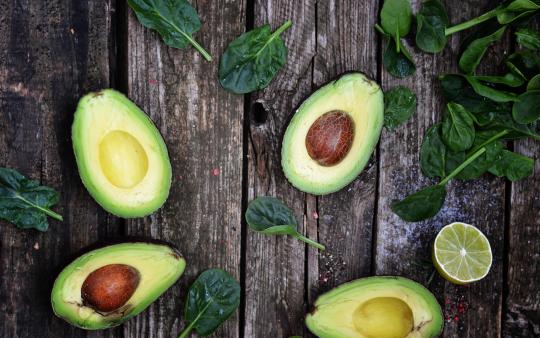Are you suffering from chronic pain? For many of us, as we age, our bodies begin to twinge and ache in ways that we assume are just a part of getting older. But those stiff hands, achy knees, or twitchy back that inconveniently flares up may not just be milestones of aging. While common inflammatory pain conditions like neuritis (typically the result of nerve damage or compression, such as a herniated or bulging disc in the lower back, with pain shooting down the leg) and rheumatoid arthritis (with its telltale red and swollen joints) may be to blame, in some cases chronic pain might be due to systemic or chronic inflammation.
More than just being a literal pain in the neck, chronic inflammation can lead to other issues, including fatigue, insomnia, gastrointestinal issues, and even mood disorders. In treating inflammation in the body, the goal is not not only to decrease pain, but also to reduce the chances of those unwanted side effects.
How inflammatory pain works
What we experience as inflammatory pain is the result of a complex array of messages sent to our brain by receptors that interact with inflammatory cells. Our brain processes the messages, and in turn sends white blood cells to the affected sites. While this is a necessary part of injury management and healing, if the inflammation goes on for too long (becoming chronic), or if the inflammatory response happens somewhere where it isn’t necessary, the body can fall out of balance, potentially leading to disease development.
When to see a healthcare provider
A visit to your healthcare provider can help determine whether your pain is due to chronic inflammation. C-reactive protein (CRP) and erythrocyte sedimentation rate (ESR) are two markers that may indicate high levels of inflammation in the body, and can be discovered through a simple blood test. These may also indicate that other things going on in the body, not strictly related to pain, but can be discussed further with your healthcare provider.
If you do have neuroinflammatory or other inflammatory pain, this can be co-managed with a chiropractor and your family doctor and, if necessary, a specialist such as a rheumatologist in the case of rheumatoid arthritis.
Inflammatory foods to avoid
Aside from getting a full workup from your healthcare provider, managing inflammatory conditions with movement, lifestyle, and diet are key. Since chronic inflammation can often be due to lifestyle and stress, addressing the root cause is primary. Managing stress with techniques like self-care, breathing, and meditation has shown to be helpful in reducing the body’s inflammatory load.
Eating a real and whole foods diet featuring lots of veggies and limiting processed foods, sugar, and alcohol can go a long way in decreasing your body’s inflammation levels. There is endless research supporting the anti-inflammatory benefits of a whole foods plant-based diet, as well as much study in favour of the Mediterranean diet which focuses on whole grains, healthy fats, veggies, and fish. While there is still room for occasional treats, a short-term therapeutic diet of total restraint may be helpful to kickstart the healing. Once you’ve gotten the inflammation under control, you can reintroduce occasional goodies. I save about 10 percent of my diet for the foods that I enjoy, like dark chocolate, brownies, and chocolate chip cookies!
Choose the right diet for inflammation
Beyond issues related to pain relief, reducing systemic inflammation has also been shown to help reduce the risk of chronic illness, such as heart disease and diabetes. Following an anti-inflammatory diet and lifestyle can help reduce the risks of ever developing inflammation—even if you don’t have any pain now! Supplementation may also help reduce inflammation, including some of my favourites: magnesium, curcumin, boswellia, and ginger. A whole foods, plant-based diet is the only diet proven to reverse heart disease.
Talk to your healthcare practitioner to get to the root of what’s going on in your body, and how to manage whatever sort of pain you’re experiencing.
You may also enjoy: Natural Foods That Reduce Inflammation, Amazing Anti-Inflammatory Smoothie and The Benefits of Green Food.






